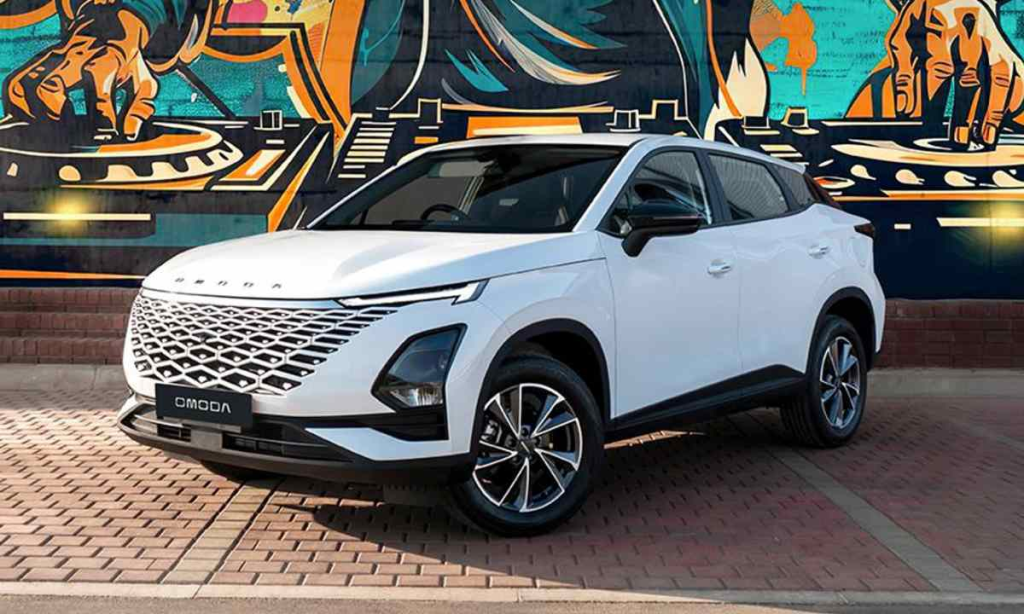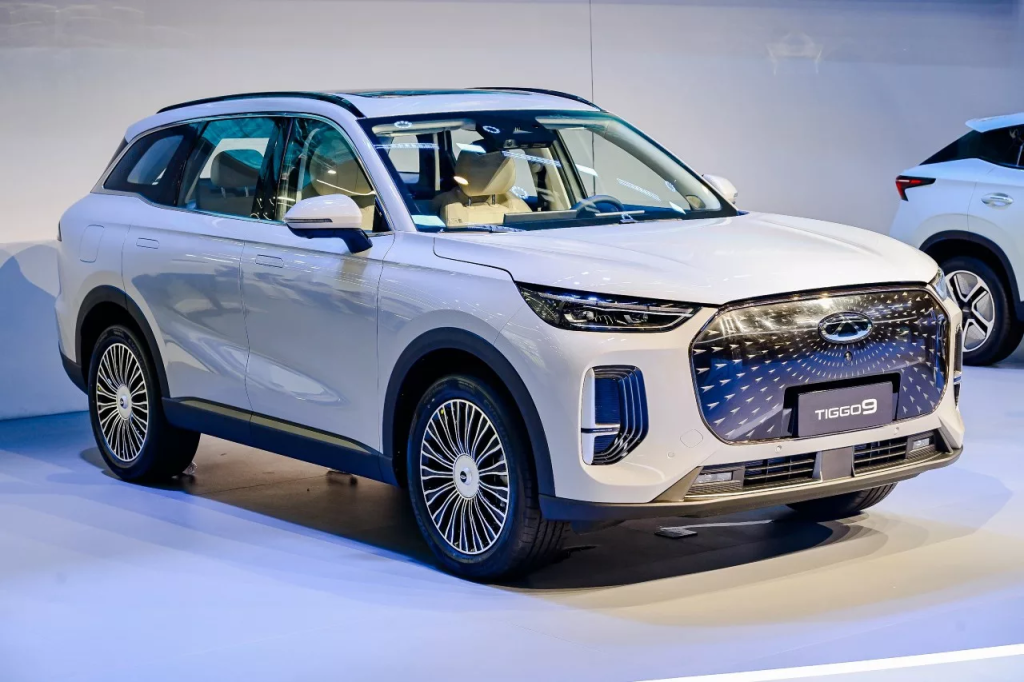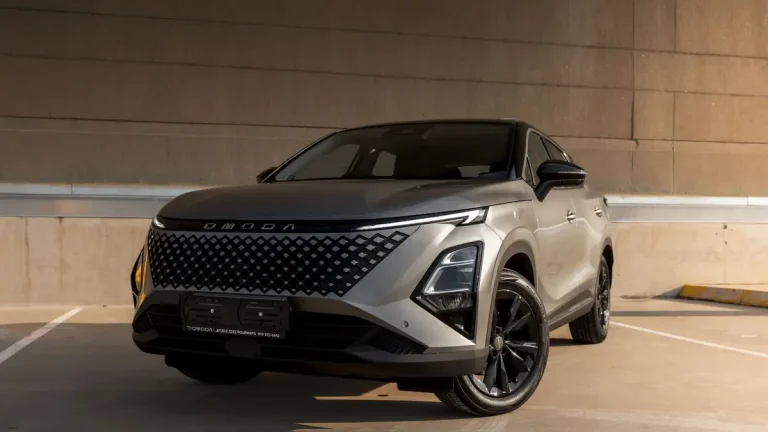South Africa’s car market is undergoing a significant transformation as rising prices push consumers to rethink what they drive. Economic realities are reshaping buying habits, and while certain models remain highly coveted, many have moved far beyond the reach of the average household.
Thank you for reading this post, don't forget to subscribe!According to Lightstone’s chief analytics officer, Paul-Roux de Kock, many South Africans are now “shifting down-market” opting for cheaper, more practical options rather than the aspirational brands they once preferred. Economic pressure has forced consumers to rethink priorities, and this shift is reflected in the sales numbers of various car brands.
The High Price of New Cars
The average cost of a new passenger or light commercial vehicle in South Africa has climbed to around R530,000, a figure that’s simply unaffordable for most. Financial experts recommend spending no more than 20% of your gross monthly income on vehicle repayments.
- Affordable car instalment: R11,685/month (based on a 5-year plan at 11.25% interest)
- Required income: R58,425/month to afford the average car price
Yet the average monthly salary in Q2 of 2024 was R27,450 less than half the required income to comfortably buy a car at the current average price. This means car payments alone could swallow more than 50% of a person’s salary, not counting insurance, fuel, and maintenance.
Luxury models push affordability even further away. For instance, a BMW 3 Series now starts at R913,730, placing it firmly out of reach for most buyers.

How Automakers Are Responding
In response to this affordability gap, car manufacturers and finance institutions have introduced new finance structures to ease the burden on consumers. These include:
- Extended repayment terms
- Balloon payments
- Guaranteed buyback programs
However, consumers are also making their own moves turning away from traditional premium brands in favour of affordable Asian alternatives.
Rise of Indian and Chinese Brands
India and China have become central players in the South African auto market. Brands like Suzuki, Toyota, Hyundai, Honda, and Citroen are importing cost-effective vehicles from India that appeal to price-sensitive buyers.
- Suzuki has become the third best-selling brand in South Africa, behind Toyota and VW.
- Toyota’s sales are boosted by its partnership with Suzuki through models like the Starlet, a strong seller in the budget segment.
Chinese manufacturers are also surging. Brands like Chery and GWM have entered the market aggressively and are now the 7th and 8th top-selling nameplates, outperforming long-established competitors like Mazda, Volvo, and Mercedes-Benz.

Price vs. Value: Why Consumers Are Switching
The appeal of Indian and Chinese models is simple affordability without compromising too much on quality.
- VW Polo Vivo: R266,600 (one of the few locally produced budget cars)
- Chery Tiggo 4 Pro SUV: priced similarly, but offers more features and space
Over the past decade, these brands have significantly improved quality and reliability, making them strong contenders against pricier European or Japanese rivals. This strategy has allowed them to gain a large share of the entry-level market and now they’re setting their sights higher.
With a solid foothold in the affordable market, Chinese brands are beginning to challenge luxury players as well.
- Omoda C9 (Chery): R785,900
- GWM Tank 500: R1,222,900
While these prices may seem steep, they’re still below competitors like the BMW X3 (R1,136,417) or Toyota Land Cruiser 300 (R1,458,900). This strategy allows them to attract buyers who want premium features without the premium price tag.

A Shift in Consumer Priorities
“This movement underscores a broader industry trend: a shift from long-established, often more expensive brands to newer, more affordable alternatives in most market segments,” said De Kock.
While many South Africans still dream of owning luxury brands like BMW, Mercedes-Benz, or Land Rover, real-world affordability has made cars from Suzuki, Chery, and GWM far more desirable and attainable.
A Market Driven by Value
The most desired cars in South Africa are no longer just the aspirational German sedans or powerful SUVs. Economic realities have made affordable, feature-packed models from Indian and Chinese manufacturers the new favourites among buyers.
As the cost of living continues to rise, South Africans are proving that value trumps prestige even if their dream cars remain just out of reach.
Related article: Top 5 Cheapest Cars in South Africa




